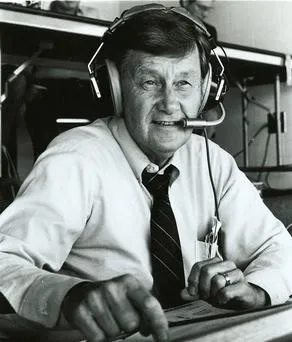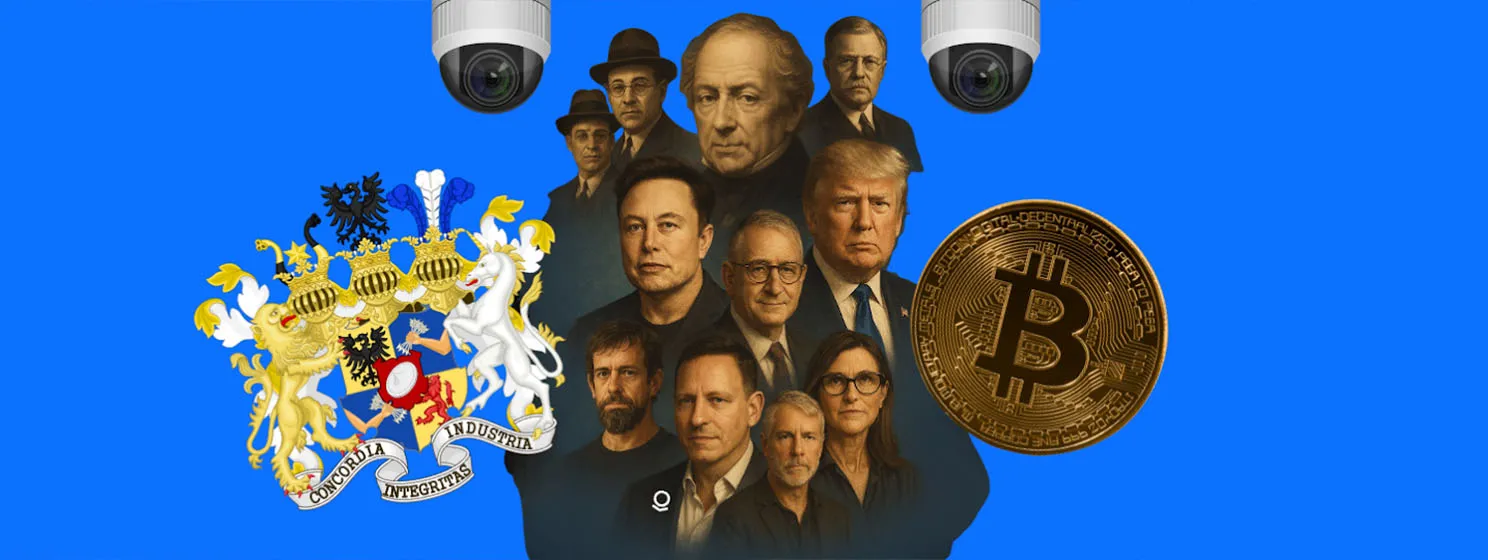|
Getting your Trinity Audio player ready...
|
In the 90s and early 2000s, when visiting my grandparents on weekends, we would all watch the Georgia Bulldogs football game together every Saturday. However, my grandparents would mute the TV and listen to legendary play-by-play announcer Larry Munson on the radio instead.

The reason for this, other than his bias for the home team and distinct quotes, was also not to have to listen to any prejudice or contemporary narrative from the network announcers. To put it bluntly, instead of listening to the politically correct, safe game narration on TV, my grandparents (like many other Dawgs fans) wanted to customize their experience.
This occurred organically in the 80s and 90s, but with all the technological advances today, we still do not have such a streamlined option. That model is starting to resurface, as I noticed during the 2020 election, where many streamers provided their own commentary, giving viewers options other than the mainstream media.
When watching sporting events, why do we not have the option to change the audio channel and choose which announcers we would like to listen to instead of accepting whoever was on the schedule that day?
For special scheduled broadcasts, TV stations often send the same pair of announcers out for big games, such as in football, for example, John Madden/Al Michaels, or Joe Buck/Troy Aikman, Jim Nantz/Tony Romo. Viewers grow tired of the same voices or may want to keep them depending on the quality and uniqueness. For example, many viewers may prefer for Romo to call all of their team’s games.
In college football, Brad Nessler and Gary Danielson (who is often criticized) call the top matchup on CBS on Saturdays. This past Saturday, when UGA beat down Tennessee in a top 3 matchup, what if we could have chosen who called the game? Larry Munson has since passed (RIP), but many new announcers are starting to emerge with more candid commentary. For example, a fellow graduate and long-time friend texted in our group chat that he would pay for former Heisman Trophy-winning Quarterback Robert Griffin III to call our game instead.
Why can’t he?
Let us ignore the licensing and legal issues for now, but digital currency and micropayment technology will establish the incentive structures for this feature to emerge. Currently, these announcers are paid by the broadcasting companies (ESPN, CBS) a salary. What if they could receive money in real-time, directly from the fans, based on time watched?
Former NFL QB brothers Peyton and Eli Manning signed a lucrative contract with ESPN to call Monday Night Football games, giving fans another option, like what my grandparents did.
Such a model may not initially attract big names like the Manning brothers, Romo or RG3, but for the regular fan offering his (potentially non-PC) unique perspective, there definitely exists a potential demand for that experience.
While attending UGA, Demetry James had a video go viral from his Madden video game commentary. He published short narrations of NFL games that were very entertaining (warning, NSFW, and strong, offensive language), however, the NFL ordered that YouTube take them down for infringing on their licensing agreements.
Of course, this was in 2010, only around 18 months after the launch of Bitcoin but now why couldn’t the NFL license their broadcasts to various content creators, where viewers stream micropayments based on time watched, and the NFL takes a cut, adding a new revenue stream for themselves?
Such a paradigm is already possible with Bitcoin, and I believe by 2030, we will see this emerge into the mainstream, as it is starting to develop with live streamers organically, and ESPN is signaling viability with ManningCast.
Watch: The BSV Global Blockchain Convention panel, Entertainment, Sports & Blockchain

 07-15-2025
07-15-2025 





